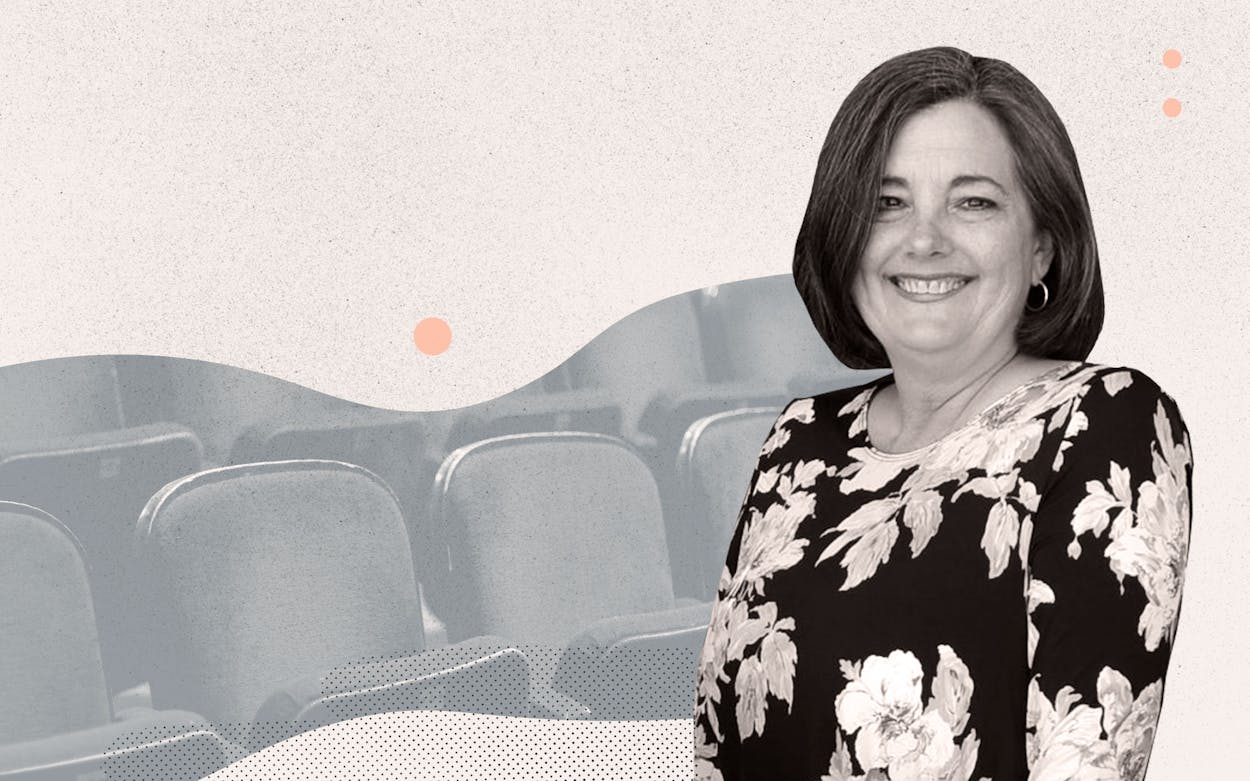Film, TV shows, and theater tell our stories and shape our culture, and as 50 percent of the population, women need to produce more art that portrays women’s stories. It’s exciting to see women in Hollywood take the helm of not just acting in movies but being the producer, so that they have artistic and financial control over production. I’m hoping that we see more and more of that.
We haven’t seen many stories about women, because it’s said that you can’t get your husband to go to the play or watch the movie. It must be a chick flick. But these movies are succeeding, because women say, “We’ll go see it.” Everything is governed by money, so as they sell and we can see that there’s an audience for stories told by women, I’m hopeful that we’ll start to see more women’s presence in the script and in directing roles.
You have to recognize the imbalance before you can change it, and we’ve done that. This year, we talked about how there weren’t any female directors nominated for the Golden Globes—several years ago, that wouldn’t have even been mentioned. It’s been a slow awakening, but it’s a significant awakening, and it’ll continue.
I didn’t really experience sexual harassment, but I felt that I was kind of a second-class citizen because I was a woman. That was a pervading attitude for my generation. We had to develop an ability to sidestep inappropriate jokes and behavior, and move on. Part of that was being a part of the sexual revolution—I graduated from high school in 1973, and there was a real feeling of a free, fun new territory. At the same time, professionally, we were trying to play in a man’s world for the first time. The attitude was, “I want to play at the club, so I have to deal with this behavior.” All the jokes and talk was laughed off, and if you walked into a room and realized that the guys were telling jokes, you either walked out or laughed along with them.
My generation was not in a climate where we would have been listened to, but young women now can speak out. They come in with an expectation that they’re going to be treated equally and with respect. Young women now are moving into a whole different kind of openness, believing that you’re just as good as everybody else. I can’t tell you how gratifying that is to see.
Now, women need to get to a place where they demand to be recognized in leadership roles. In a small, isolated town like Abilene, everybody does everything—you’re on the chess team and the football team and also in 4-H club. We have a lot of women in leadership roles at the nonprofits. But the hierarchy of who really calls the shots is still handled by men—we’ve never had a woman mayor, and most of the city councilmen are men. That’s changing, but slowly.
That change is especially hard in a small town in West Texas, because lots of the young people are leaving for the glamour of the big city. Our salaries [in Abilene] are below average, and the opportunities and financial wealth are a lot better there. That’s something I always try to make children aware of here, when we’re doing the junior musical—this is your hometown, and you have the opportunity to excel here and be part of the leadership here. Young people can make that change happen.
To see resources about female mentorship, getting involved in local issues, and what to do if you experience sexual harassment, read here.
More from this collection
The Women’s Voices Project
In a series of as-told-to conversations, two dozen Texas women talk about gender, work, and what needs to change for women in their home state. Read their perspectives here.






